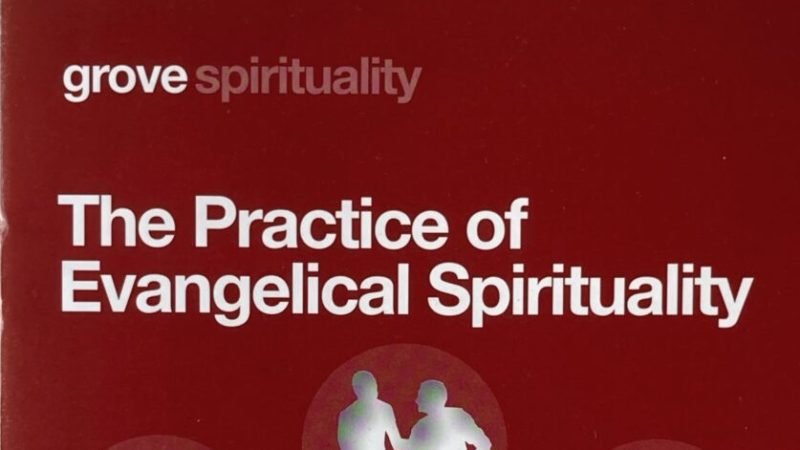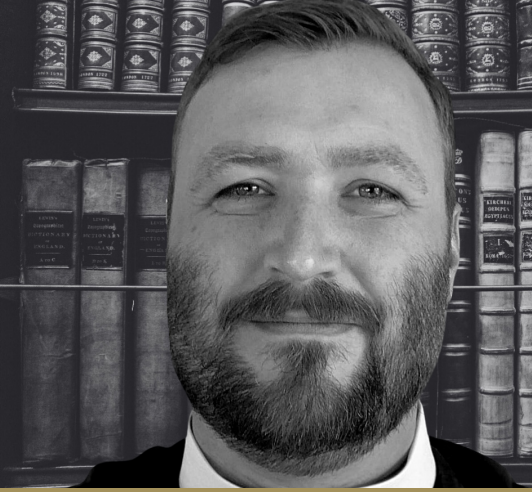If you are not familiar with Grove Books, you are missing out. Grove Books was started by the great evangelical bishop and liturgist Colin Buchanan in 1971. The goal of the booklets is summed up in their tagline: Not the last word…but often the first. Each booklet is a short summary or discussion on a current issue. The original focus was on liturgy and worship, having begun at the time of the liturgical renewal movement. The booklets soon branched into various series: Biblical, Ethics, Education, Evangelism, Pastoral, Leadership, Spirituality, Worship, and Youth—with a new title being released quarterly.
Managing editor Ian Paul has written the most current title in the Spirituality series, The Practice of Evangelical Spirituality. The booklet addresses the question of whether evangelicals, who are often characterized as being much more about activism than spiritual or contemplative, have a distinct spirituality that would be comparable to, for example, Roman Catholicism’s emphasis on the interior life.
Paul’s first point is that separating activism and spirituality is a false dichotomy and one that has been pushed back against by evangelicals historically. He cites John Wesley and his desire to not “separate inward from outward religion; to set one of these at variance with the other.” Paul identifies seven spiritual practices that seem “to be core to [the] evangelical practice of spirituality past and present…”: changing, gathering, reading, praying, fasting, sharing, and serving. At the end of each chapter, three questions for reflection are provided for individuals or groups.
I think Ian has made some great observations about what is distinctive about evangelical spirituality. His booklet could be used by non-evangelicals who wish to learn more about evangelical spirituality. For evangelicals, this Grove Book might serve as a refresher course. It might also serve as a mirror to reflect on why we do many of these things that we might take for granted, or as an invitation to discover these practices anew.
I struggled with the concept of changing or conversion as a spiritual practice because only God can bring about conversion. What became clear, however, is that, though conversion doesn’t come through the work of humans, it is essential for the other practices. It is only after conversion that these other practices can happen in a meaningful way. Prior to conversion, we are as the Pharisee praying at the temple. He made a public display of the practices of spirituality, but those practices meant nothing because of his prideful and unconverted heart.
Grab a copy of The Practice of Evangelical Spirituality. Grove Books can be purchased individually or by subscription to a topical series. They allow you to hear what is “often the first [word]” on some of the matters of importance of our time.


